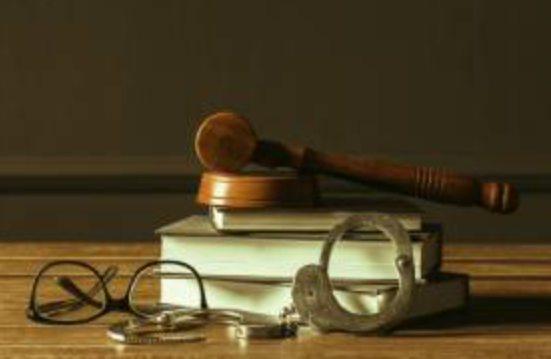Apart from a financial load, credit card debt is also a hassle. Can also have major legal ramifications that affect personal assets. For many, the question of whether credit card debt can impact personal property or lead to court action is a significant concern. This article explores the relationship between Credit Card Debt and Personal Assets and examines the possibility of credit card debt leading to cases in Credit Card Debt and Small Claims Court. Understanding these factors can help individuals navigate debt responsibly and protect their personal property.
The Impact of Credit Card Debt on Personal Assets
One of the primary worries for those confronting mounting debt is the potential effect on personal assets. Credit Card Lawyer Long Island are closely linked when creditors pursue legal action to recover unpaid balances. Although credit card debt is considered unsecured, meaning it isnÕt directly tied to any particular asset, creditors can take legal steps to place liens or judgments against assets after obtaining a court order. In cases where a debtor has substantial credit card debt, creditors may file a lawsuit to recover the amount owed. If the creditor wins the case, they may be awarded a judgment, which can allow them to seek repayment through various means, including garnishing wages or placing liens on valuable property. This possibility makes it essential for individuals to manage credit card debt proactively to avoid putting personal assets at risk.
How Credit Card Debt Can Lead to Small Claims Court
When credit card debt remains unpaid, creditors may take the case to Credit Card Debt Relief Programs NY as a means to recover the outstanding balance. Small claims court is a legal venue where creditors can seek judgments for unpaid debts up to a certain limit, depending on the state. These cases are generally more straightforward than larger lawsuits and do not typically require attorneys, but they can still have significant implications for the debtor. In small claims court, the creditor presents evidence of the debt owed, and the debtor has the opportunity to respond. If the court rules in favour of the creditor, it may issue a judgment that allows the creditor to take further steps to collect the debt. This may include garnishing wages or seizing specific assets, depending on the laws in the debtorÕs state. For those facing small claims court due to credit card debt, understanding their rights and preparing a defence is essential to achieving a fair outcome.
Legal Protections for Personal Assets in Debt Cases
While credit card debt can lead to small claims court or judgments, certain legal protections exist to safeguard personal assets. In some states, specific property, such as a primary residence or personal vehicle, is protected under the homestead and asset exemption laws. These exclusions differ depending on the state and are meant to stop creditors from grabbing all of a debtor's assets, therefore preserving vital resources for daily life. People should speak with a lawyer. People should speak with a lawyer if they are concerned about their assets in connection with credit card debt. Attorneys can provide guidance on how to structure debt repayments and may help negotiate with creditors to avoid the need for court action altogether. Understanding the protections available under state law can enable people to control debt and stop the loss of important assets by arming them with knowledge.
Steps to Avoid Small Claims Court and Protect Assets
For those facing credit card debt, avoiding small claims court and safeguarding personal assets depends on proactive solutions. One of the most effective strategies is to communicate with creditors early, explaining any financial difficulties and exploring options for repayment plans or debt settlement. Creditors are often open to negotiation, as it allows them to recover some of the debt without going through lengthy legal processes. Individuals may also consider debt consolidation or credit counselling services to help manage their financial obligations in a structured way. By consolidating debt or receiving professional advice, debtors can develop a plan to pay down balances without the risk of court action. Proactively managing credit card debt minimizes the chance of creditors pursuing legal action, ensuring that personal assets remain protected.
Conclusion
Addressing credit card debt responsibly is essential for avoiding legal complications that may impact personal assets. Seeing the connection between Credit Card Debt and Personal Assets and the potential for Credit Card Debt and Small Claims Court action allows individuals to make proactive choices in managing debt. For those needing additional support or information, begindeveloper.com/creditcardlegalclinic offers resources to guide individuals through credit card debt challenges. With the right approach, individuals can safeguard their assets and work toward financial stability, free from the threat of debt-related court cases.


